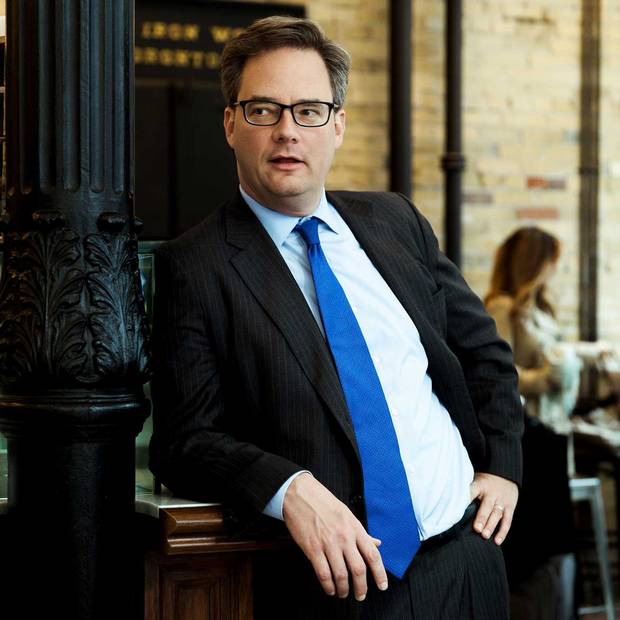Why is there suddenly such a backlash against iShares and ETFs?
Part of what we offer is build- ing the same portfolio with the same basic market expo-sures, but more cheaply. That threatens three very power-ful constituencies: traditional financial intermediaries and dealers; incumbent asset managers; and some wealth managers or advisers who don't want to adopt a fee-based, full-disclosure world. All of them stand to lose from the revolution in index investing.
Are there some valid criticisms, such as passive index funds suddenly holding too much power?
Technological change upends the way somebody was making money beforehand. We shouldn't be surprised that those people react without enthusiasm. The key things that critics miss are: One, we're just talking about more efficient ways of building portfolios. And two, index investing is so under-penetrated relative to its potential. We have trillions in North America trapped at very high fees—especially in Canada, where there's $100 billion in ETFs and probably $1.5 trillion in mutual funds. Too much indexing—really?
What should investors be searching for in an ETF if everyone is offering low fees?
The exposure you want, at a reasonable price, with a record of quality. It's like asking, how do you pick the best car? They all kind of do the same thing.
So many active managers haven't outperformed the market in the long run. Is active investing dead?
You need to deconstruct the term "active." Active management includes portfolio construction, asset allocation and security selection. The part that is threatened by index investing is security selection—that this stock is worth more than that stock. People are paying way too much for it. Asset allocation and portfolio construction—defining your objectives and liabilities—that's a fundamentally active decision. That decision is worth paying for.
What's the best guiding principle you can give to a brand-new investor—particularly a young one?
If you have to sock your money away for a long time, you probably cannot do better than investing in North America. It's the safest neighbourhood on the planet, with the most dynamic population and great natural resources.

